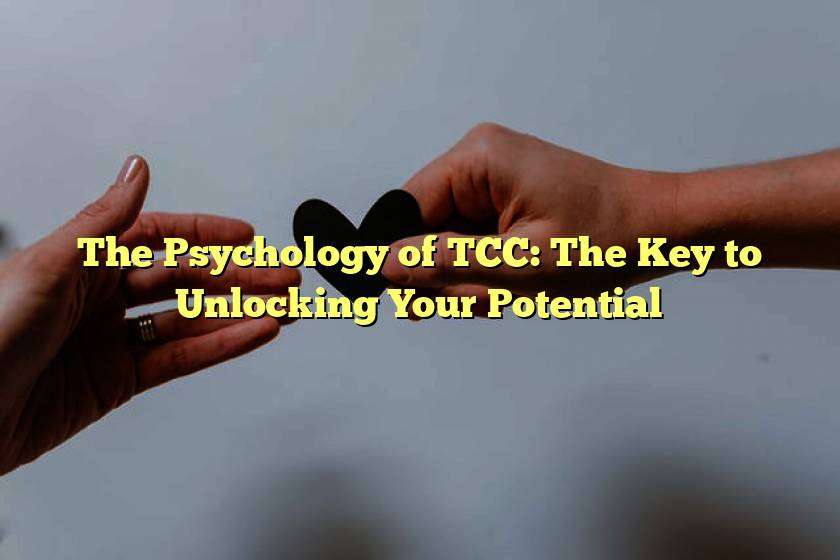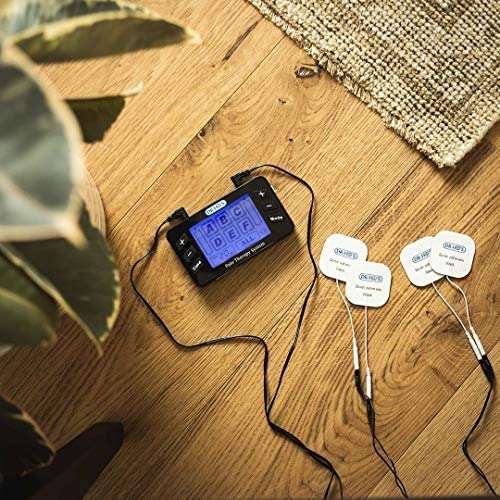Are you familiar with TCC? No, I’m not talking about the TransCanada Corporation or The Children’s Center. I’m talking about Transactional Communication Competence, a fundamental interpersonal skill that can make or break your success in social interactions, professional pursuits, and personal relationships.
At its core, TCC involves understanding and effectively navigating the various levels of communication between two or more individuals. This can include verbal and nonverbal cues, listening skills, empathy, emotional intelligence, and cultural awareness. Mastering TCC can significantly enhance your ability to express your thoughts and emotions, build stronger connections with others, and achieve your desired outcomes.
So, how does one develop TCC? Let’s explore some of the key elements of this psychological framework.
Verbal and Nonverbal Cues
Have you ever noticed how your tone of voice, word choice, and body language can profoundly impact how others perceive you? Verbal and nonverbal cues are critical components of effective communication, and mastering them can help you convey your message with clarity, confidence, and authenticity.
Some strategies for improving your verbal and nonverbal communication skills include:
- Paying attention to your tone of voice and using it to convey your emotions
- Using active listening to show that you’re engaged in the conversation and understand the other person’s perspective
- Being aware of your body language, such as maintaining eye contact, facing the other person, and using appropriate facial expressions and hand gestures
- Avoiding negative nonverbal cues like crossing your arms, tapping your foot, or fidgeting
- Practicing good posture and using appropriate proxemics (the physical distance between you and the other person)
- Adapting your communication style to fit the situation and the other person’s communication style
Listening Skills
Effective communication is a two-way street, and attentive listening is just as vital as expressing yourself clearly. When you listen actively, you’re showing the other person that you respect and value their thoughts and feelings, which can help build a stronger rapport.
Some tips for improving your listening skills include:
- Focusing on the speaker and eliminating distractions
- Encouraging the speaker to elaborate by asking open-ended questions
- Avoiding interrupting the speaker or finishing their sentences
- Paraphrasing what the speaker has said to ensure you understand their message correctly
- Paying attention to nonverbal cues that may provide additional context or emotional cues
Empathy and Emotional Intelligence
Empathy and emotional intelligence are essential components of TCC, as they can help you better understand the other person’s perspective and respond appropriately to their emotions. Empathy involves putting yourself in the other person’s shoes and imagining how they might feel, while emotional intelligence entails being aware of your own emotions and managing them effectively.
Some strategies for cultivating empathy and emotional intelligence include:
- Practicing active listening and reflecting back the speaker’s feelings
- Being aware of your own emotional triggers and practicing self-regulation
- Being open-minded and willing to consider different perspectives
- Showing genuine concern for the other person’s wellbeing
- Avoiding judgment and criticism and instead focusing on problem-solving
Cultural Awareness
In today’s globally connected world, cultural awareness is more critical than ever. Understanding and respecting cultural differences can help you avoid misunderstandings, build stronger relationships, and foster a more inclusive and diverse community.
Some ways to improve your cultural awareness include:
- Learning about different cultures and customs through reading, travel, or attending cultural events
- Avoiding stereotypes and assumptions about other cultures
- Being respectful of cultural practices and traditions, even if you don’t understand them
- Being aware of your own cultural biases and how they may impact your interactions with others
Conclusion
Transactional Communication Competence is a vital skill set that can help you navigate the complexities of interpersonal communication effectively. By improving your verbal and nonverbal cues, listening skills, empathy and emotional intelligence, and cultural awareness, you can unlock your full potential, build stronger relationships, and achieve your desired outcomes.
So, the next time you find yourself in a challenging conversation or social situation, remember the principles of TCC and put them into practice. With patience, persistence, and a willingness to learn, you can become a master of communication and take your personal and professional life to new heights.




